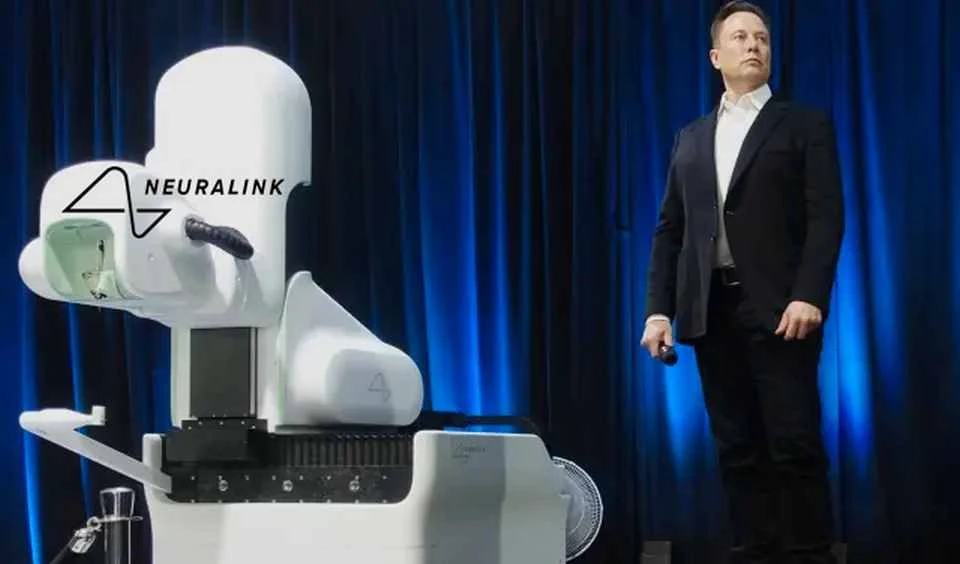Musk's brain implant startup Neuralink eyes $500M raise at $8.5B valuation for brain-computer interface. Neuralink, the brain-computer i...
 |
| Musk's brain implant startup Neuralink eyes $500M raise at $8.5B valuation for brain-computer interface. |
The dramatic surge in Neuralink's valuation comes after the company received FDA approval to begin human clinical trials. Earlier this year, Neuralink successfully performed its first human brain implant surgery, a major milestone that could pave the way for groundbreaking medical therapies.
Led operationally by Jared Birchall, Neuralink’s primary mission is to assist individuals suffering from severe mobility impairments such as quadriplegia or ALS. The company's brain-computer interface (BCI) technology aims to enable patients to control external devices—like computers and robotic limbs—using only their thoughts.
Neuralink is currently enrolling patients for its first clinical trial, known as the PRIME Study (Precise Robotically Implanted Brain-Computer Interface). The study will evaluate the safety and functionality of its wireless implant, which uses flexible threads inserted into the brain by a surgical robot.
The broader field of neurotechnology is seeing a surge in investor interest, with competitors like Synchron and Paradromics also advancing their own brain-computer interface projects. However, Neuralink’s ability to attract high-profile investors and its early breakthroughs keep it at the forefront of the BCI race.
Despite the excitement, Neuralink continues to face scrutiny over ethical concerns, animal testing practices, and long-term safety risks associated with brain implants. Regulatory oversight will likely intensify as the company moves closer to broader human applications.
If successful, Neuralink’s technology could not only restore lost bodily functions but also usher in a future where humans and machines merge in ways once considered science fiction.

.webp)



